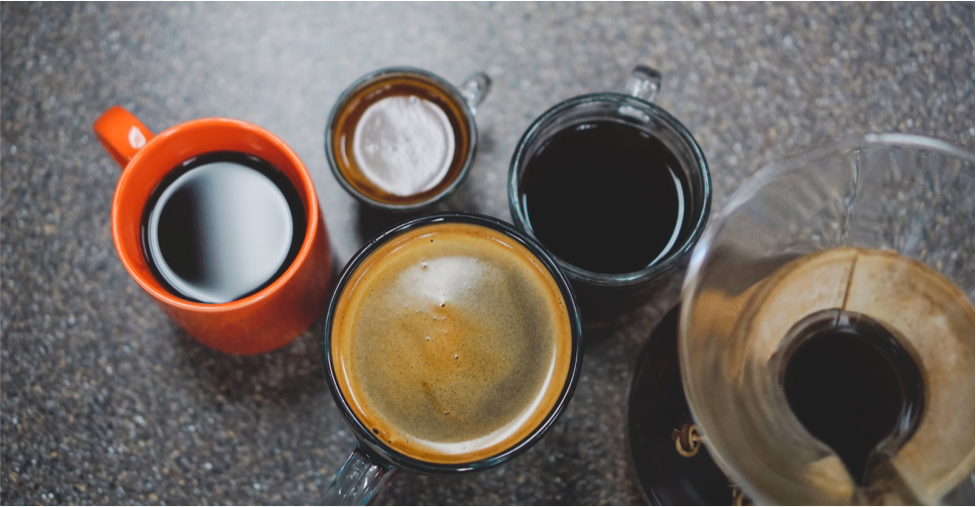Coffee drinkers of the world rejoice! A cup of joe works toward your final tally for the day, if you’re counting (and you probably should be).
Some of us worry we aren’t getting enough water to stay hydrated, and some of us never give it a second thought. Consider this— we expel water through sweating, bathroom visits, and even simply breathing.
You can read an in-depth article here about the many benefits of drinking water, but let’s quickly run through a few basics about why staying hydrated is essential:
- Your body is approximately 60 percent water, your brain more than 70 percent, and hydration is imperative to proper function and maintenance
- Improved cognitive performance
- Lessen migraines
- Improved mood and memory retention
- Bowel and urinary regulation
- Better physical performance and body temperature regulation
- Immune boost
- Heart health
It is important to stay hydrated, and water isn’t the only way to achieve that goal. But sometimes, the foods and beverages we ingest can work against our hydration goals.
What is a diuretic, and why does it matter?
A diuretic helps your body get rid of sodium and water. Generally, diuretics come in pill form (called water pills), and they often time work by forcing the kidneys to release sodium into the urine. Most water pills are prescribed for people who have high blood pressure, glaucoma, or edema.
Caffeine is a mild diuretic. The caffeine in your mug of coffee (or tea) might cause you to use the bathroom more often than a glass of water. Still, a thorough, in-depth study by Sophie C. Killer, Andrew K. Blannin, and Asker E. Jeukendrup shows the coffee diuretic effect experienced at this level is NOT enough to offset the value of the water intake. In fact, the subjects in the study drank up to four cups of coffee and did not experience lower levels of dehydration due to coffee intake.

Is caffeine bad?
Not necessarily. It occurs naturally in plenty of things like coffee beans, tea leaves, and cocoa plants. It gives your body a burst of energy and can make you feel more awake because it stimulates the central nervous system. That stimulation can help you stay focused on tasks, increase alertness, or make it through your afternoon workout.
There are also negative side effects from caffeine. Coffee increases the amount of acid in your stomach, which could lead to heartburn or stomach upset. It can decrease the rate of absorption of some minerals, like calcium, and in some people, it increases blood pressure. And don’t underestimate the jittery effects too much caffeine can have on you. Sleep is as important as proper hydration.
Coffee is fine, but if you want to skip all the side effects, water is a better beverage to keep you at peak hydration levels. If you decide to add coffee or other caffeinated beverages into your diet, make sure your doctor checks your heart health and blood pressure.
Either way, go reusable.
Did you know that Starbucks, Seattle’s Best, Peet’s, and many local coffee shops will give you a 10-cent discount for bringing in a reusable cup? If that $.10 isn’t enough incentive, just think about where all that single-use paper and plastic goes when you throw it away.
Join the REvolution with PATH and stay hydrated with every refill while protecting the planet from more single-use plastic bottle waste.

Resources:
https://www.mayoclinic.org/diseases-conditions/high-blood-pressure/in-depth/diuretics/art-20048129
https://medlineplus.gov/caffeine.html
https://journals.plos.org/plosone/article?id=10.1371/journal.pone.0084154#s4








